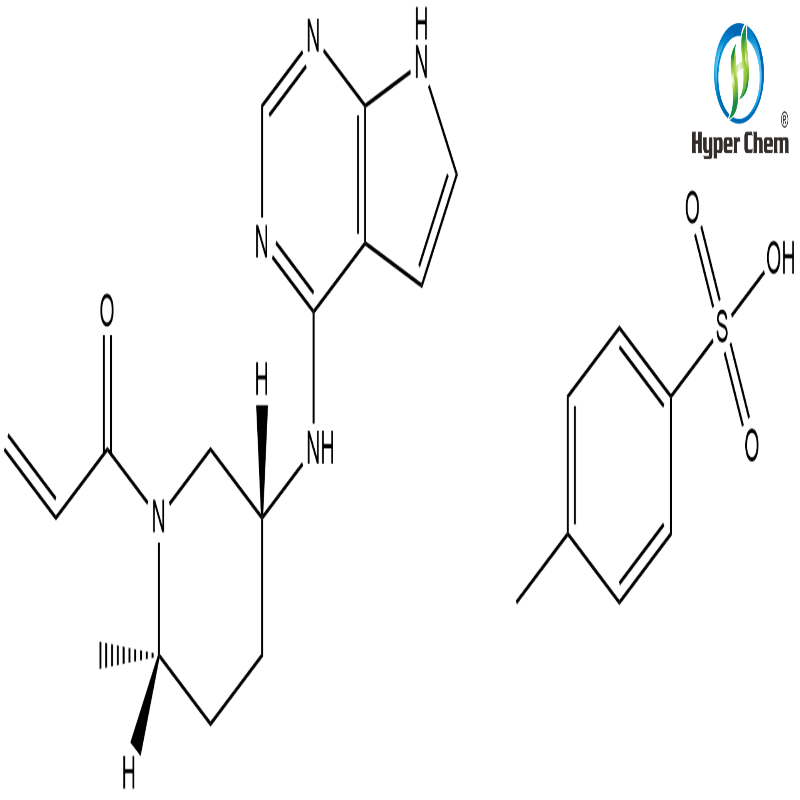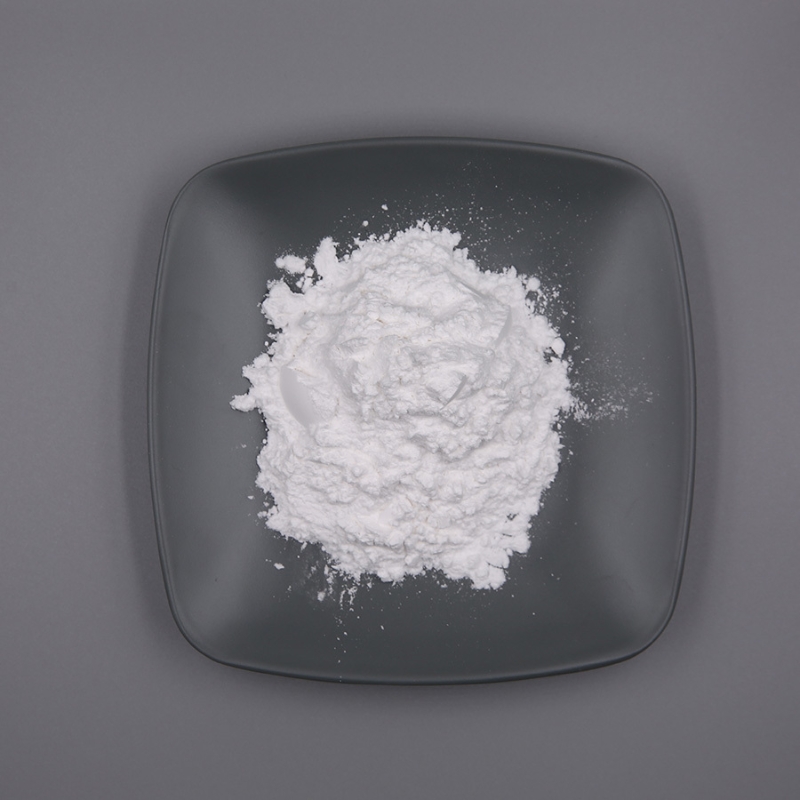Nat commun: in the early stage of HIV infection, promoting wound healing of mucous membrane or preventing AIDS
-
Last Update: 2019-12-14
-
Source: Internet
-
Author: User
Search more information of high quality chemicals, good prices and reliable suppliers, visit
www.echemi.com
December 14, 2019 / Biovalley BIOON / - -- despite effective methods to control human immunodeficiency virus (HIV), the virus is still a major global health threat About 37.9 million people in the world are infected with HIV Every year, about 770000 people die of acquired immunodeficiency syndrome (AIDS) There is no clinical vaccine for HIV and no cure for the infection Simian immunodeficiency virus (SIV) is closely related to HIV It has been used as a laboratory model for many studies trying to cure and prevent AIDS / HIV In a new study, researchers from institutions such as the University of Washington, the University of Pittsburgh and Uppsala University in Sweden explored why some primates can carry SIV throughout their lives and still avoid disease progression They are trying to find successful antiviral strategies in natural hosts to help design better antiviral drugs to treat HIV infection They found that in the early stage of SIV infection, biological events involved in wound healing of mucosal tissue created a favorable environment in vivo to prevent the devastating consequences of SIV infection Some aspects of this wound healing immune response may be used as targets for the development of new therapies to prevent HIV infected people from developing AIDS The relevant research results were recently published in the Journal of nature communications, and the title of the paper is "macrophase associated round healing contributions to African green monkey SIV pathway control" The corresponding author is Michael gale, Professor of immunology, School of medicine, University of Washington The first authors are Fredrik barrenas of Uppsala University and Kevin raehtz of Pittsburgh University The researchers measured changes in gene expression during SIV infection and found that activation of a group of genes related to wound healing reduced the risk of AIDS The picture is from Michael gale, Fredrik barenas, Jan Komorowski et al In order to evaluate the virus host interaction and immune response in the early stage of SIV and HIV infection, these researchers developed a systematic biological method, which is a method to express and explain complex interactions, known as conserved gene signature analysis They also integrated methods and tools from computer science, biology, mathematics, statistics, information engineering and other fields to conduct other types of bioinformatics analysis As part of the study, they also compared virus host interactions and immune responses to SIV, including gene expression profiles, from African green monkey and rhesus monkey, an HIV susceptible species They also evaluated similar data from human HIV infection Both HIV and SIV infect immune cells called helper T cells, the researchers explained These cells are abundant in specific tissues in the gut and other parts of the body The immune response caused by HIV infection damages the tissues around the intestine The damage allows bacteria that normally reside in the gut to penetrate the tissue and invade other parts of the body This can lead to further inflammation and damage This situation attracts more immune cells, some of which are infected with HIV Other immune cells undergo spontaneous cell death It is followed by a decline in the immune system and a further decline in T cells that fight infection If HIV infection progresses to AIDS, the syndrome reduces resistance to opportunistic pathogens and cancer In contrast, African green monkeys in the early stages of SIV infection were able to quickly activate and maintain regenerative wound healing mechanisms in their mucosal tissues, the researchers found For example, in African green monkeys, a kind of white cell-mediated tissue remodeling has taken place Some of these repair mechanisms are evolutionarily conservative, they say For example, a bioremediation pathway is roughly similar to a mechanism observed in salamanders that regenerates lost parts of the body The researchers found that African green monkeys activate the ability of mucosal tissue to heal wounds, which can interrupt the progress of the disease and thus prevent the onset of AIDS "We believe that this regenerative wound healing process may maintain tissue integrity and may prevent inflammation caused by SIV or HIV infection, which in turn may prevent immune failure, cell death and AIDS caused by this inflammation," Gale said Maintaining tissue integrity is a valuable treatment strategy to avoid systemic immune activation and disease progression into AIDS Our findings suggest that the use of therapies that activate wound healing responses in the early stages of infection may have the potential to prevent diseases caused by HIV infection " (BIOON Com) reference: 1 Fredrik barrenas et al, macrophase associated round healing contributions to African green monkey SIV pathway control, Nature Communications (2019) DOI: 10.1038/s41467-019-12987-9 2.Wound healing in mucous tissues could ward off AIDS https://medicalxpress.com/news/2019-11-wound-mucous-tissues-ward-aids.html
This article is an English version of an article which is originally in the Chinese language on echemi.com and is provided for information purposes only.
This website makes no representation or warranty of any kind, either expressed or implied, as to the accuracy, completeness ownership or reliability of
the article or any translations thereof. If you have any concerns or complaints relating to the article, please send an email, providing a detailed
description of the concern or complaint, to
service@echemi.com. A staff member will contact you within 5 working days. Once verified, infringing content
will be removed immediately.







